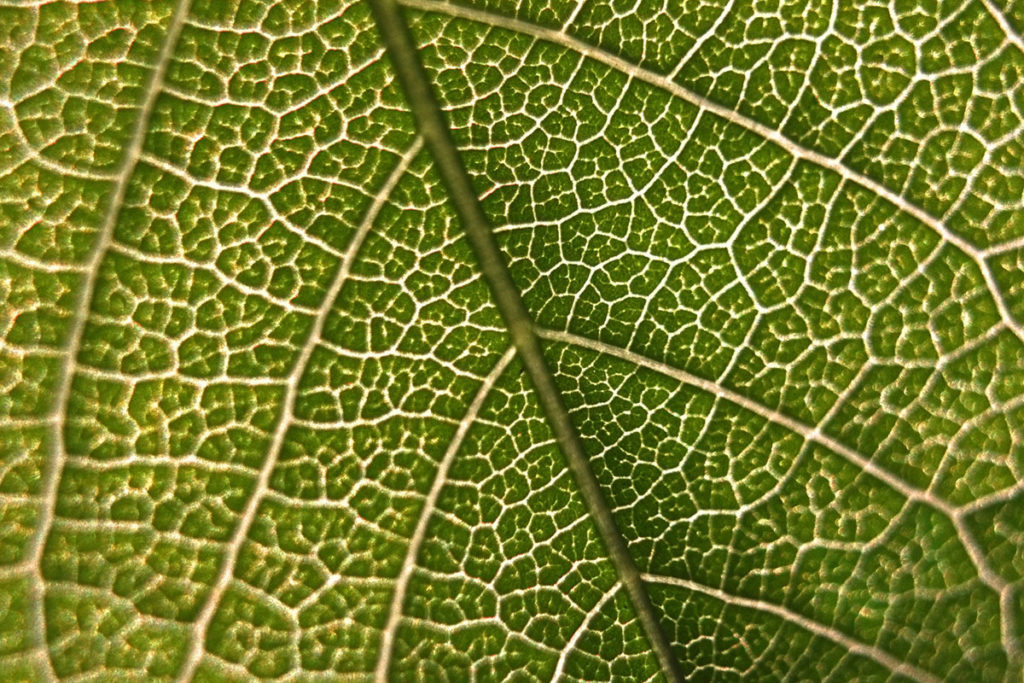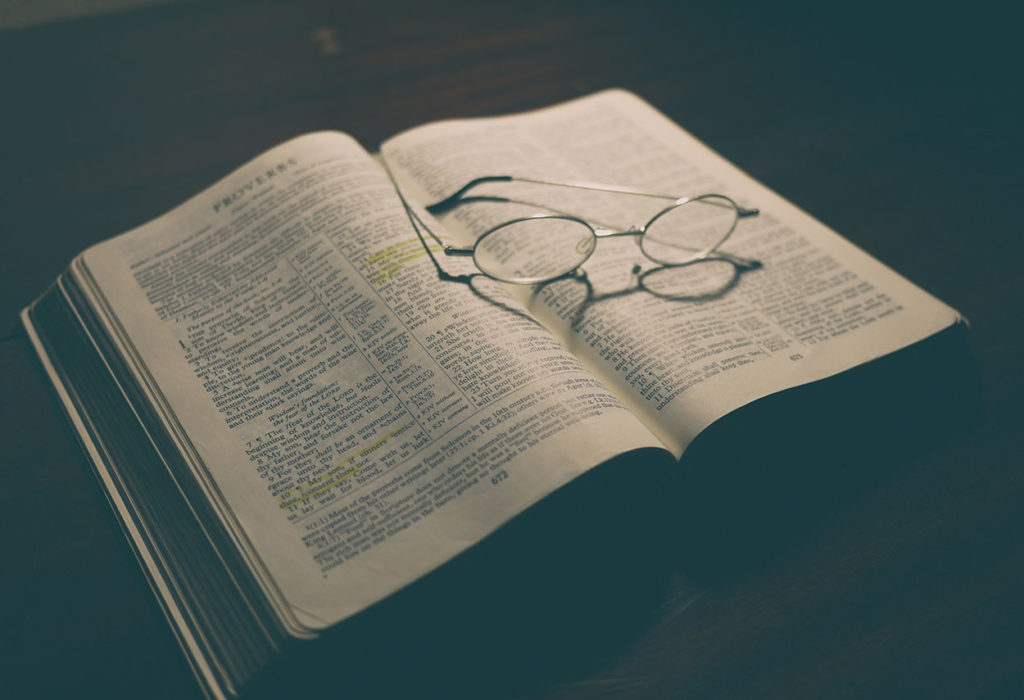Pattern Arising from Chaos
Reinventing the Sacred: A New View of Science, Reason and Religion, by Stuart Kauffman. This book was recommended to me by someone whose left brain is far more developed than mine. Kauffman is a complexity theorist, the study of complex and chaotic systems and how order, pattern, and structure can arise from them. Kauffman applies complex theory to the reintegration of science and “the good life” and proposes “a new view of a fully natural God and of the sacred, based on a new, emerging scientific worldview.”
He explores autocatalytic sets, Boolean network models, the nonergodic universe, Darwinian preadaptations, neurobiology’s work on consciousness and quantum mechanics…. I don’t for a minute understand any of this. But I do glean from his conclusions: The inadequacy of reduction. And disputation of a previous assumption of science that all that happens in the universe (from interactions of fundamental particles to molecular biology) is governed by natural law and can be explained or predicted by classical physics. A corollary follows. Religion need not be a compensation for a meaningless universe.
Religion Need Not Be a Compensation
Kauffman demonstrates that the universe itself, the natural universe, is persistently creative. There are “adjacent possibilities” everywhere. And outcomes cannot be predicted. There is a sense of “free will,” and choice operative in the universe tending towards complexity. (Which I take to mean continuance.) Kauffman even suggests the universe may have “consciousness.” Consciousness then does not require a brain. I particularly like the experiments that exhibit non-locality or quantum entanglement, what Einstein called “spooky action at a distance” and that this not only happens between sub-atomic particles but other phenomenon are “suspiciously spooky too.”
Science and Religion Conversing
Kauffman is enthralled (and hopes we are) with the persistent co-creating creativity of the universe. It far exceeds our understanding and knowledge. And probably always will. Kauffman insists that science and religion must reengage in an exploratory conversation. He dedicates the book to “the conversations we must have.” Interestingly enough imagination, empathy and action (which I referred to in this month’s Awe and Wonder, Here and Now) are at play in Kauffman’s work.
The universe is not our invention. (Some think “God” is.) This alone should evoke our awe and wonder. And reverence.
We are of the World
What has evolved over billions of years, and the 4.5 billion years of evolution on our planet including our own development, is great mystery. We are not just in the world. We are of it. And our actions contribute to it. We affect it. The implications of this for our future together are great. And even though outcomes cannot be known or predetermined, we must continue to live forward into mystery. “Our deep need is to better understand how we do so, and to learn form this deep feature of life [living with the creativity of the universe that we partially co-create] how to live our lives well.” Kauffman suggests this will take courage. And faith.
God Does Not Create Ethics
Kauffman says we do not need to assign all awe and wonder to a “Creator God.” “Life and with it agency, came naturally to exist in the universe. And with agency came values, meaning, and doing….” And with values, meaning and doing, ethics evolved. We do not need a creator God to author our morals. Ethics is the source of ethics. And have evolved along with the universe.
With all this in mind, our ideas and images of God must be reconceived. Kauffman is not averse to using the word “God.” The word God is the most powerful human symbol we have. “No other symbol carries millennia of awe and reverence.” That being said, Kauffman urges that our task now is not so much to be true to any “fixed historical sense of God” but to “engage the whole of our humanity and to be wise.” “God is our name for the creativity in nature.” And this creativity in nature is the sacred that we all share.
“Then all the unfolding of nature is God, a fully natural God… We do not need to believe in or have faith in God as the unfolding of nature. This God is real. The split between reason and faith is healed. The split between reason and the rest of our humanity is healed. This… is a science, a worldview, and a God with which we can live our lives forward forever into mystery.”
God is Creativity in Nature
Kauffman’s whole book moves toward the imperative of a truly humane global ethic. He claims we are now capable of creating one. And what is required in doing so is redefining God and reinventing the sacred. It is the only humane way forward.
Here is a full paragraph toward the end of his book:
“We are beyond reductionism: life, agency, meaning, value, and even consciousness and morality almost certainly arose naturally, and the evolution of the biosphere, economy, and human culture are stunningly creative often in ways that cannot be foretold, indeed in ways that appear to be partially lawless. The latter challenge to current science is radical. It runs starkly counter to almost four hundred years of belief that natural laws will be sufficient to explain what is real anywhere in the universe, a view I have called the Galilean spell. The new view of emergent and ceaseless creativity particularly beyond natural law is truly a new scientific worldview in which science itself has limits. And science itself has found those very limits. In this particular lawlessness is not an abyss, but unparalleled freedom, unparalleled creativity…. We must live our lives forward, into that which is only partially knowable. Then since reason truly is an insufficient guide, we truly must reunite our humanity. And if so, we truly need to reinvent the sacred for ourselves to guide our lives, based on the ultimate values we come to choose. At last, we must be fully responsible for ourselves, our lives, our actions, our values, our civilizations, the global civilization.”
Reinvent the Sacred
I have hardly done justice to Kauffman’s work, it is vast and nuanced. He invites us to consider a new view of science, reason and religion, and reinvent the sacred.
In light of what I have presented above:
What do you make of redefining God as the creativity of the universe, the unfolding of nature, a fully natural God?
What do you make of Kauffman’s comment: “We do not need to believe in or have faith in God as the unfolding of nature. This God is real.”
Reflect on Kauffman’s comment that the “lawlessness” in nature “is not an abyss, but an unparalleled freedom, unparalleled creativity.” What are the implications of this for us and our agency in the world?
Take seriously Kauffman’s comment: “We must be fully responsible for ourselves… our global civilization.” What do you think?
What do you make of Kauffman’s observation that “we discover, and choose what we wish to hold sacred?” This is a foundational thought for his invitation to reinvent the sacred. (By the way, he devotes a chapter to our knowing what is sacred “in our bones.”)
Kauffman concludes: “We may never fully agree, and we need never fully agree, but we can begin this cultural global journey by having honest conversation and the journey with care for one another. At last, there is the possibility of finding our way together… find a global ethic and reinvent the sacred for our planet, for all life, and for ourselves.”
Kauffman does not suggest we rid ourselves of diversity and difference. Rather, we must learn to live together in new ways. (Consider Chinese/Cuban fusion food. An example he cites!) Do you share Kauffman’s sense of imperative, responsibility and possibility to work together to co-create a global ethic? How do you imagine one?




You don’t need to “recreate the sacred”; anything truly sacred recreates you.
I am saddened and disappointed that you keep searching so hard for a God-Lite capable of substituting for God. There is no such nonbeing.
Being — the actuality that continually happens to bring you [you and your mental/physical/emotional/spiritual environment] — the awareness of the continually-created content of awareness — is not a subset of the physical universe. That universe, wonderfully-made and conceived as it clearly is, is the subset.
What you persist in dismissing as “supernatural” is the true, complete nature.
Forrest. Thank you for keeping this conversation alive and on it’s edge. Your experience and envisioning is to my sense mystical (and that is a good term for me). If I read you right there is something, a consciousness, reality, pervading Being that encompasses all that Kauffman and maybe me too suggest is intrinsic to our universe. Do I have the time right? It must be frustrating for you to see me bang my head against a wall! Keep challenging my language and thoughts. I don’t see myself as a reductionist or a God-lite type! But my exploring Kauffman and attempts in my own limited way to engage in his thought might be read as falling down a rabbit hole. I appreciate your continuing to be part of this exploration. You are deeply engaged in it. As am I. That we have in common. Stay in touch. And continue to shed light on these conversations. Thank you, Forrest.
Referencing Gen’s comment of September 19:
I notice things that “resonate.” It could be a song (Amazing Grace), a scene (sunset over the Cascades), or even a flavor (fresh salmon, properly prepared). I have noticed that words, when properly used, resonate. The word, “God,” is like that. It is a part of our culture, as well my religious tradition. Early in my life, my God was a supernatural being. Now, God is Mystery. My evolving understanding is amplifying God’s resonance, liberating God from religious confinement, making God more noticeable in everything, all the while embracing more of what I call “sacred.”
Ken. I love what you say, making God more noticeable in everything. I too am moving more toward God as Mystery. Even as that sounds pretty abstract. I think the juxtaposition between your response and Gen’s to this post illustrates how varied are our responses and questions Abiht what is God and the Sacred. Together yours and Gen’s comments provoke more conversation for me. Not less. And I hope for others. Thanks.
I did not read Kauffman’s book and I am most likely over simplifying, but based on other articles he has written his message seems to be: there is no God. We use the word “God” to mean the creativity in the universe. We are part of the creativity. Our actions impact the universe. We have only ourselves and we must hold ourselves responsible. God is not the source of value, meaning, ethics, or morals. There is a creative force in the universe that science cannot explain. How is this any different from Religious Naturalism and Spiritual Atheism except that those views would most likely say, “science can’t explain it – YET). Why bother to call it “God”? Why not say it is time for humanity to get its act together. We can change the course of things. This does not seem like a reinventing of the scared. It seems like an abandonment of the sacred (God) and a call to replace it with the “sacred natural universe.” I do not mean to be disrespectful. I am honestly confused.
Taking about God is fascinating and problematic. And a deep if not innate part of human experience. How to talk about? Kauffman is putting in his oar in a vast sea of possibility. As are we. I so appreciate that even as these conversations are disquieting you are engaging nonetheless. Your response helps me continue to think and rethink. Thank you. Stay in touch.
Gen. I very much appreciate your thoughts. And I agree with your comment why not just say it is time for humanity to get its act together and change the course of things. Time to make haste. And far be it from us to “reinvent” the sacred. I think Kauffman is attempting to help us broaden the idea of the sacred. Your comment, why call what he is affirming”God” when those who have a relationship with that term might view this as reductionistic. For many this “argument” of Kaufman’s may be specious or unnecessary. For others it may shift a perspective about God into a broader horizon than a God of Supernatural Theism which still perplexes and makes “God” unbelievable for many and distracts from the wonder and amazement of our life.